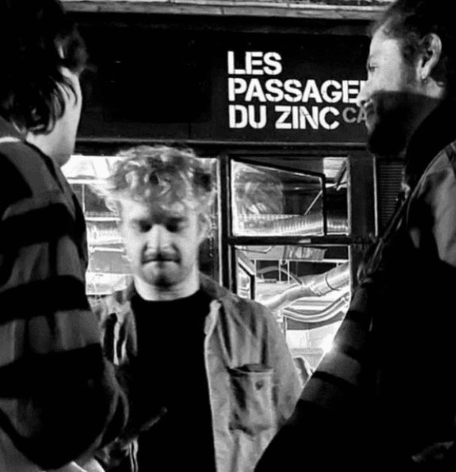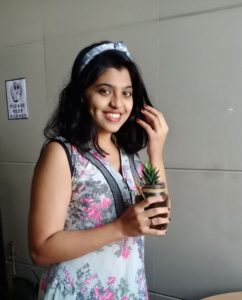After studying history and politics as an undergraduate and then specialising in Welsh governance, I set off on my journey to work in auditing the performance of local government organisations in Wales before the first wave of the pandemic threw a toolbox into the works.
Having lost my job and house in Cardiff, I packed my belongings into the car and, rather than head to my parents’ home in North Wales to see out the summer, I headed to Dover. On to Calais. By the time I was halfway to across the northern coast of France, amid a quarter-life crisis to embarrass the gods and a global catastrophe to rival them, the border between France and the UK was shut. And so, trudging along the coast for the next two months, locked away from home, my love for France was born.
In Welsh we’ve a word – hiraeth – that describes a homesickness imbued with a grief for lost people, times that have slipped away, places and things that have ebbed out of reach or, perhaps, for moments that never really were. Although we most mostly use this word to describe a nostalgic longing for Wales, as I sat in my parents’ house seeing out a two-week isolation in my childhood bedroom, I knew I had to do everything I could to get back to France. Then I found this Masters in Rare Books & Digital Humanities in Besançon.
Throughout my studies and work, I’ve always had a fascination with identities – with how people see themselves, how they don’t see themselves, how they transfigure themselves with every interaction, how their identities come, and how they go. With this Masters I saw an opportunity to finally dedicate time to delving into understanding historical expressions of identity through rare journals and newspapers that flashed into existence in Wales and disappeared just as quickly in the late 19th and early 20th centuries. They’re artifacts that reveal the intricacies and contradictions of changing identities and with the digital humanities aspects of this course we can easily input all this data and rinse out themes and trends to see how people saw themselves over time.
Before arriving back to France to begin the course, I had been worried that my work and academic background wouldn’t be so conventional and I’d be starting on the backfoot compared with my peers, but I quickly came to learn that there is no conventional background for this course. We’ve people from almost every corner of the globe with backgrounds in business and academia, in literature, in bookselling, in librarianship, in social policy, in art and design, in languages, in video game design, and more. The course itself is so varied, too: from learning Ancient Greek and Latin, plying our trade each week categorising and describing antique books, leaping through the history of the written word and the book as an object, intensive sessions of coding to support you whatever your previous experience, interactive sessions creating carnets, guest lecturers from the best universities and institutions in the world, and on, and on, and on. The best aspect of the course, though, is the freedom you’re given to explore whatever it is you’ve a passion for. If you look at the posts my peers have published, you’ll notice the sheer variety of topics we’re exploring. That academic freedom and the support to pursue whatever your interest is is wonderful.
So, in returning to France to beat away the hiraeth blues, returning to my academic obsession, and beginning to build a life here in this beautiful city, I can confidently recommend that if you’re thinking of taking the leap of faith across the Channel: do.


